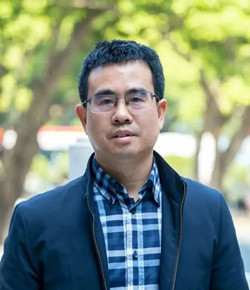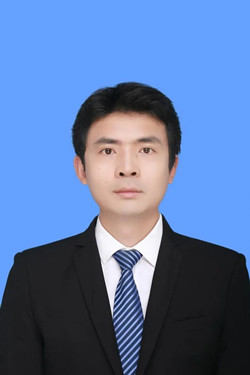Home> Sessions
Session 27: Pathogen bioinformatics
Updated: 2023-07-31
The outbreak of the novel coronavirus has made the public realize the serious threat that pathogens pose to human society. The prevention and control of pathogens have become important agendas for governments worldwide. Pathogenic organisms include viruses, bacteria, fungi, and parasites. Despite continuous advancements in technology and measures for the prevention and control of various pathogens, they still pose a significant threat to human health. Developing new methods and technologies to improve the efficiency of basic scientific research and the level of pathogen control is a crucial challenge faced by humanity.
Bioinformatics is a new discipline formed by the cross integration of biology, informatics, computer science and other disciplines. It refers to the development of computational methods and tools to analyze biomedical data. With the advent of the era of big data and artificial intelligence, the development of bioinformatics has entered a golden age and demonstrated its extensive application value in various fields of biomedicine. The field of pathogen biology has accumulated a large amount of genomics, transcriptomics, proteomics and other omics data, which provides a foundation for the application of bioinformatics. Taking the novel coronavirus as an example, nearly 15 million viral genomes have been generated so far.
Bioinformatics has played an indispensable role in revealing the pathogenic mechanisms of viruses, tracing their origins, studying cross-species transmission, understanding evolutionary trends, and developing vaccines and drugs. In order to promote exchanges and cooperation in pathogen bioinformatics, this session will invite experts with profound knowledge to introduce the latest research progress in the field.
Chairs

Jiang Taijiao
Professor, Guangzhou Laboratory

Peng Yousong
Professor, Hunan University
Invited speakers & reports
Lu Jian
Professor, Peking University
Report:Molecular evolution dynamics and rules of the novel coronavirus
Zhao Fangqing
Professor, Beijing Institutes of Life Science, Chinese Academy of Sciences
Report: Real-time sequencing and analysis of pathogens
Tong Yigang
Professor, Beijing University of Chemical Technology
Report: Detection of pathogenic bacteria using PE150 short-read sequencing 16S-V3V4
Zhao Xingming
Professor, Fudan University
Report: AI-empowered microbial big data mining
Shi Weifeng
Professor, Shanghai Jiao Tong University
Report: Virus diversity: A long way to go
Shen Yongyi
Professor, South China Agricultural University
Report: Construction and information mining of animal virus group monitoring databases
Cao Yang
Sichuan University
Report: Research on molecular drug design and computational methods for COVID-19
Du Xiangjun
Sun Yat-sen University
Report: Applications of molecular evolution, systems biology, and theoretical modeling in precision prevention and control of infectious diseases
Miao Zhichao
Guangzhou Lab
Report: Structural stimulation of noncoding RNAs in COVID-19
